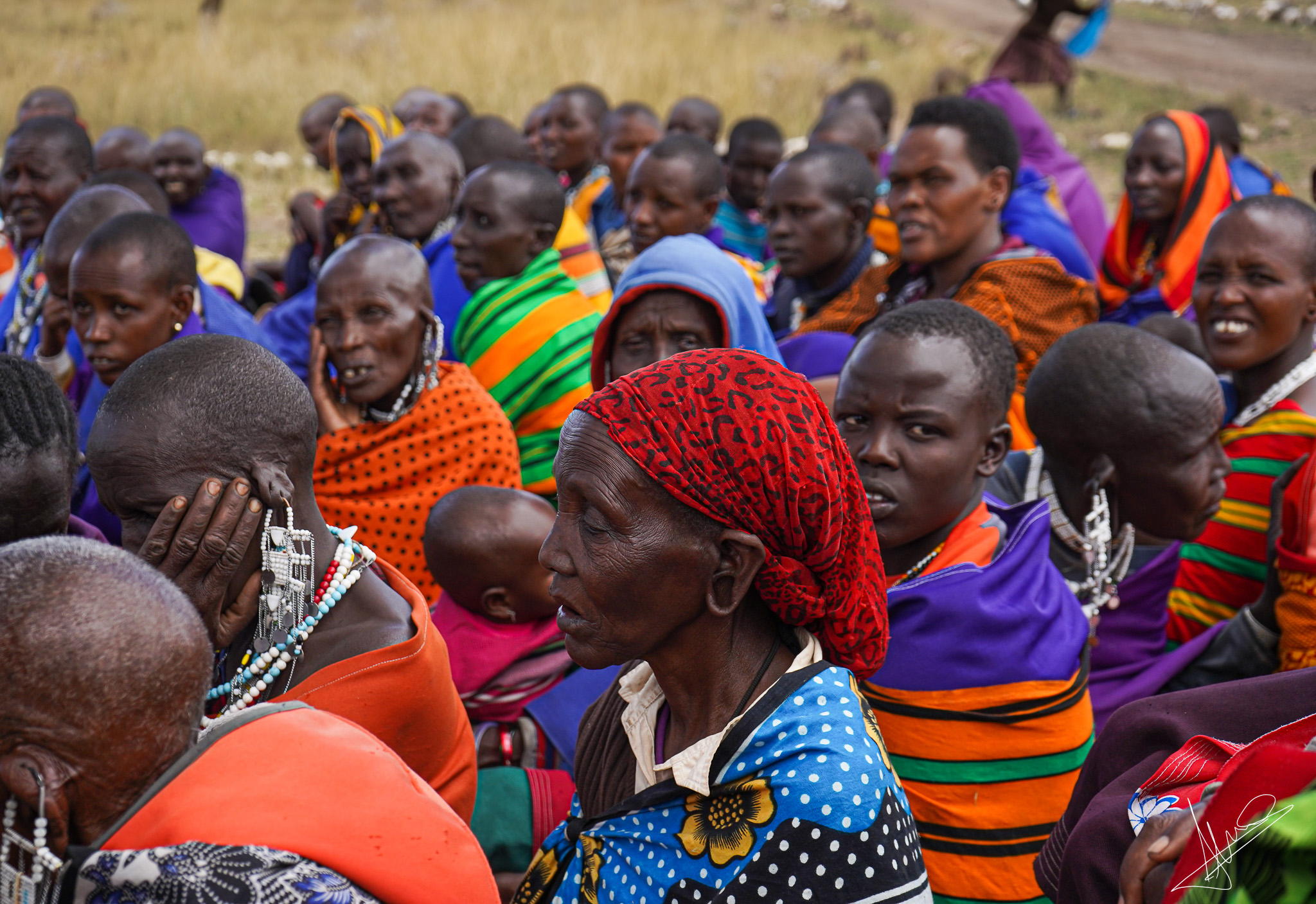
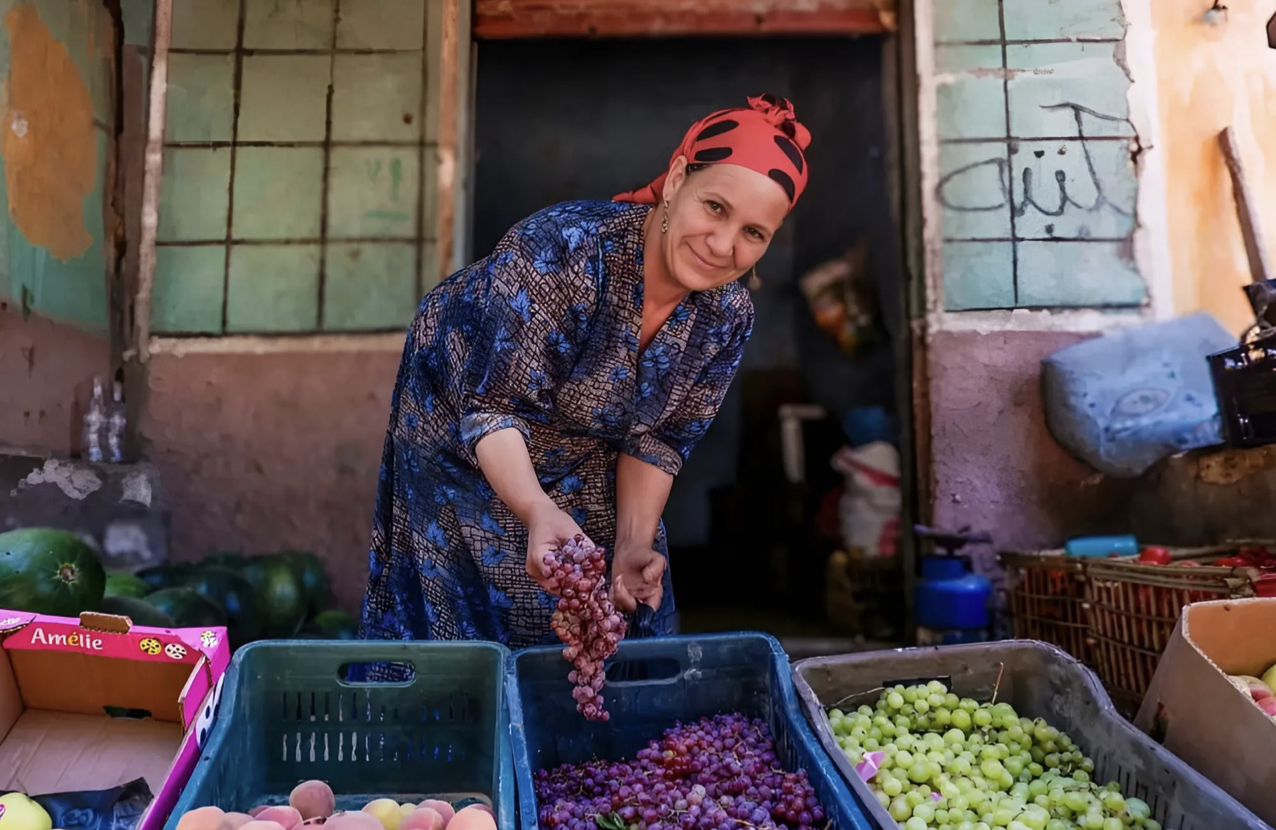

GFW began operations in Egypt in 2012. In partnership with Future Eve Foundation and Alfanar, GFW launched the Amal Project, which consists of our innovative WISALA model as well as a microfinance service aimed at widows and female heads of households. Both our WISALAs and microfinance facility provide financial services such as loans and entrepreneurship training. Our work is essential:
Since its inception, the project has expanded from 224 women in three villages in 2013 to 26,017 women with 52,034 children in over 150 villages in five governorates.

GFW launched its “Brookbank” WISALA initiative in Kenya in 2019 with its local implementing partner Come Together Widows and Orphans Organization. We also collaborate with the Federation of Women Lawyers in Kenya (FIDA-Kenya), the Kenya Human Rights Commission (KHRC) and the Ministry of Gender and Affirmative Action.
Of the widows joining WISALAs in Kenya:
159 WISALA micro‑banks are now active across the country owned by 4,725 widows with 23,625 children. Additionally, 450 WISALA owners have pursued court action to recover assets seized by their in-laws with GFW’s support. They also report 100% loan repayment rate and 163% increase in income.
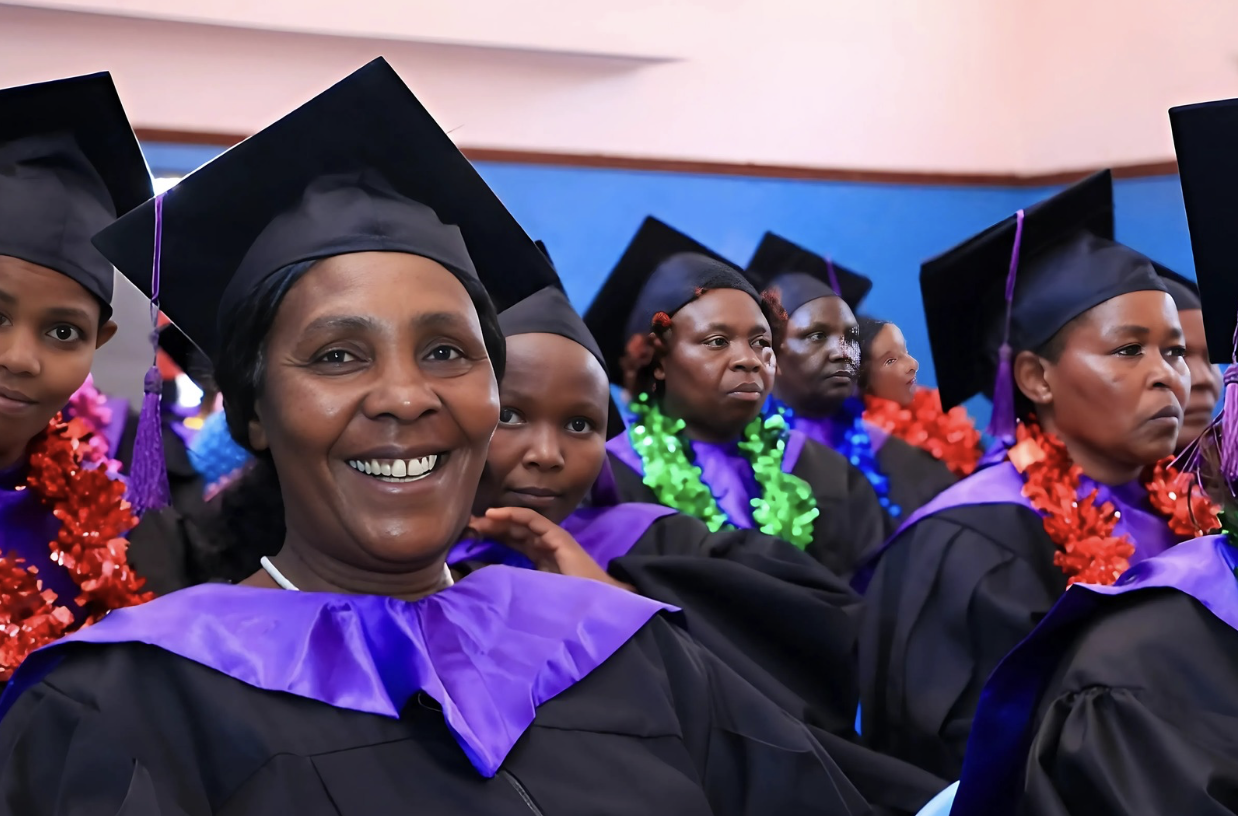
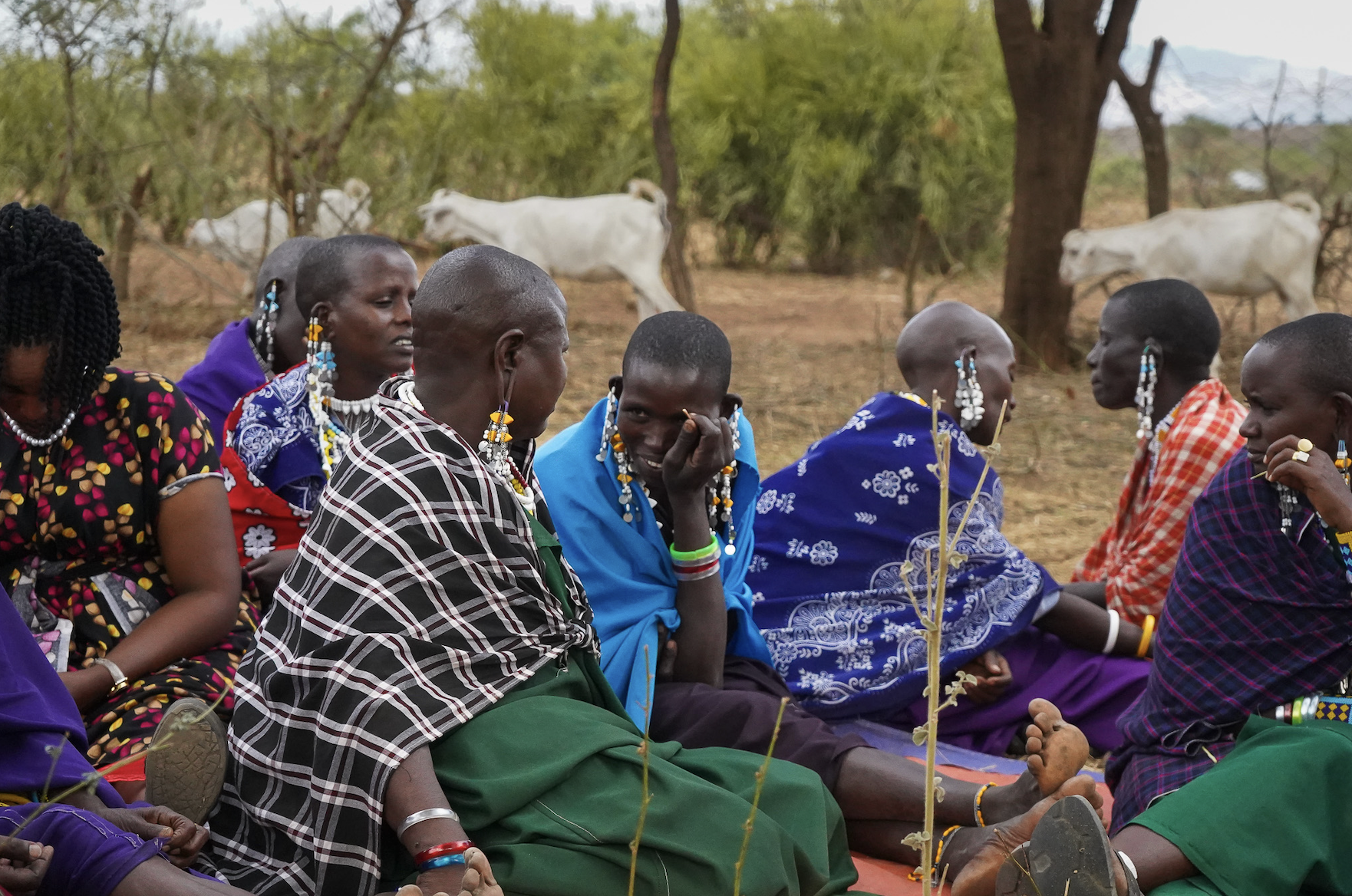

GFW launched its activities in Tanzania in 2020 with its local partner The International Collaborative for Science, Education and the Environment (ICSEE) working in the Arusha Region. According to a survey of widows joining WISALAs in Arusha, their average income of $0.26 per day and 68% were sole bread winners for 5 of more children.
After a year WISALA owners reported
Owners also scored “high” in qualitative indicators such as feelings of self-confidence, happiness and hopefulness and say they feel respected by their community.

Global Fund for Widows partnered with our cherished Global Goodwill Ambassador for Widows Chef Vikas Khanna to provide 5.5 million meals to widows and their families during the COVID-19 crisis in his #FeedIndia campaign. The Sanabank project, launched in 2019, consists of 10 banks being piloted in Najafghar, Vrindavan (known as the "city of widows"), and in Kashmir. Alongwith our partner, Guild for Service, the Sanabank provides financial inclusion to 250 widows, allowing them access to critical funds, and legal training which will facilitate their launch of micro-enterprises.

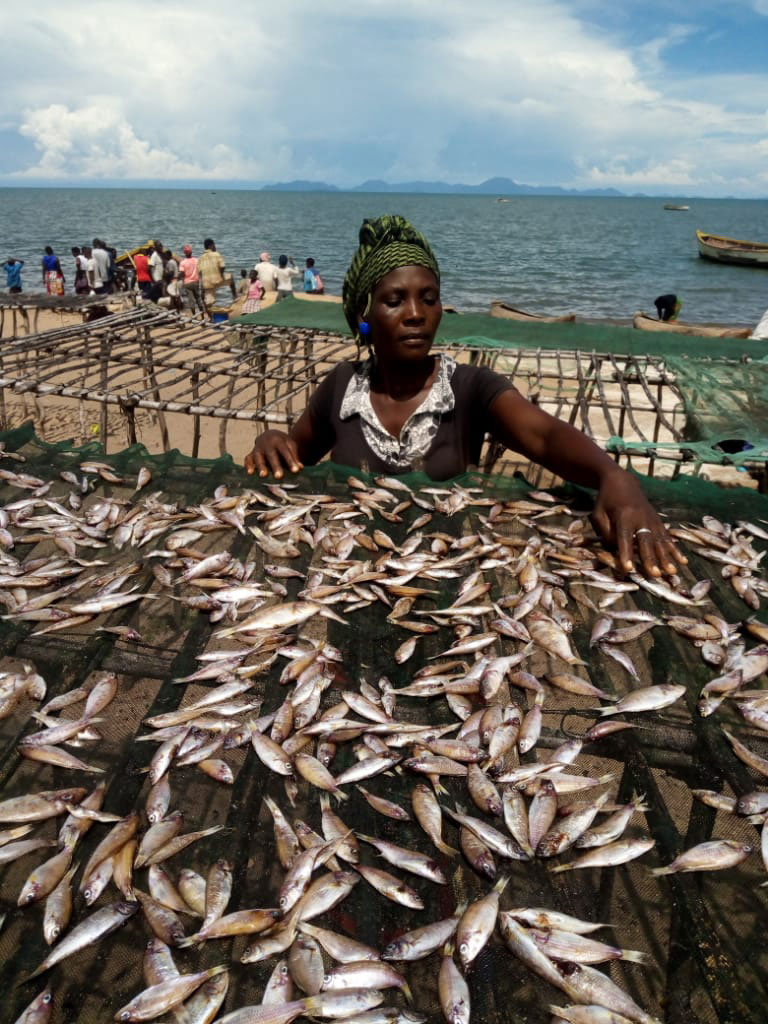

GFW's Malawi Country Director and implementing partner, Malawi Widows Association (MAWIA), launched 10 Samibanks in 2021. Despite challenges presented by COVID business interruptions, Malawi’s widows have been quietly expanding their micro-enterprises, freezing fish, grin ding maize, producing peanut butter, and poultry farming. Other widows started sewing ventures and are now sewing uniforms for local schools. Widows even responded to COVID mask requirements, producing and even exporting exquisite masks for global use.

Cameroon remains one of the most difficult places in the world to be a widow. Global Fund for Widows responded to COVID-19 related hunger and malnutrition in 2020. Partnering with Berine& Bokwe Foundation (BEBOF), Global Fund for Widows offered widows 25,000 meals and funded the launch poultry farms for 240 widows.

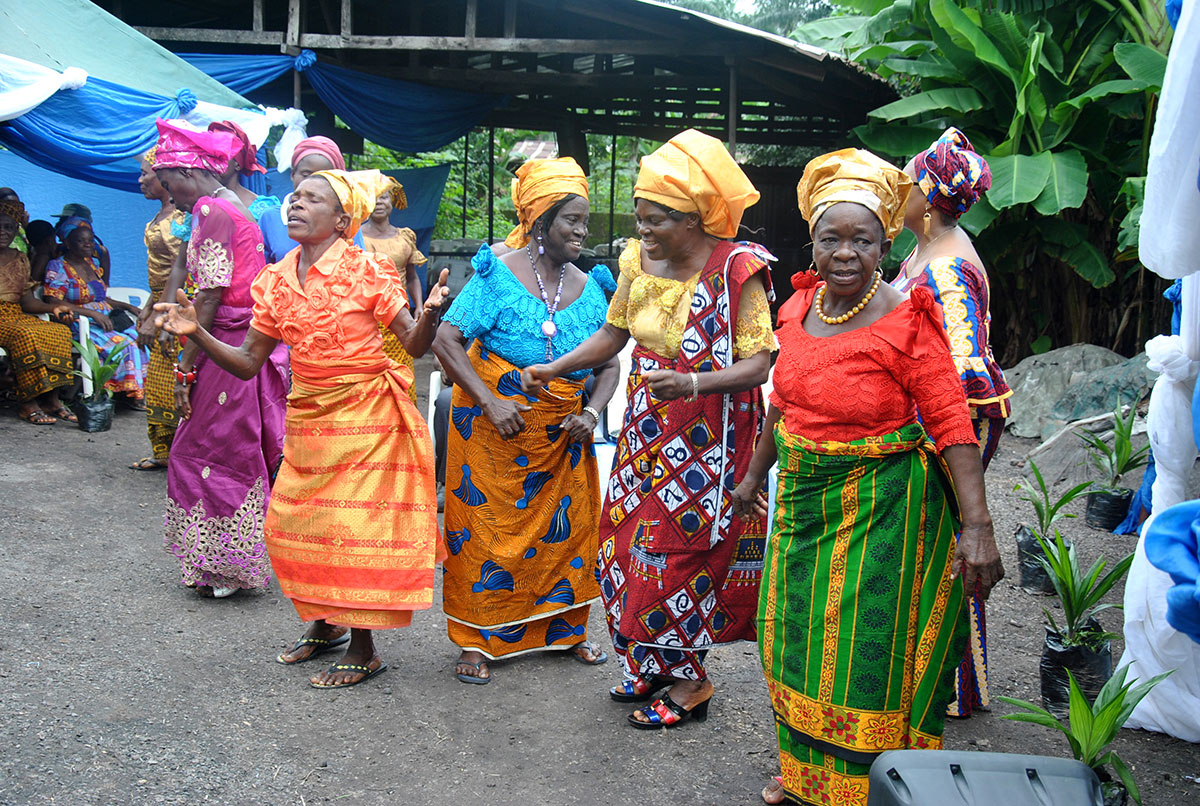

Global Fund for Widows launched a comprehensive value chain project in Nigeria in 2018. With a small impact investment from GFW, 400 widows in the village of Umuegwu have been able to refurbish a small community palm oil press, dig a well, and build a water storage unit that is not only critical to the operation of their palm oil mill, but saving the widows from the inefficiency and back-breaking task of fetching water to press their palm fruit into oil. Our program also included a donation to plant 1,500 palm trees, giving many widows ownership and income for the first time in most of their lives. We continue to work with WIDO, operating a small scale WISALA project.